
A court on Thursday ordered Johnson & Johnson to pay a Chinese dealer 530,000 yuan (85,800 U.S.dollars) for its monopolistic practices.
In the final verdict, the Shanghai Higher People's Court revoked a previous verdict issued by a municipal intermediate court and demanded that Johnson & Johnson Medical China Ltd.and Johnson & Johnson Medical Shanghai Ltd. compensate the Rainbow Medical Equipment & Supply Company, a former dealer of the pharmaceutical giant's equipment.
Rainbow Medical appealed to the higher court in May 2012 after losing a lawsuit at the Shanghai No. 1 Intermediate People's Court.
In January 2008, Johnson & Johnson signed a sales contract with Rainbow Medical. The agreement said Rainbow Medical would sell Johnson & Johnson's Ethicon products in designated areas at prices that could not be lower than what Johnson & Johnson had set.
In March 2008, Rainbow Medical won a medical suture tender in a public bid at the Peking University People's Hospital. One month later, Johnson & Johnson clerks gave Rainbow Medical a warning for the low price of its bid.
In July of the same year, Johnson & Johnson canceled Rainbow Medical's sales rights at two hospitals in Beijing over the latter's low bid. In August, Johnson & Johnson started refusing to accept orders of suture products from Rainbow Medical, as well as completely ended supplies of suture products in September.
Johnson & Johnson did not sign a sales contract with Rainbow Medical in 2009, although the two previously had 15 years of cooperation.
Rainbow Medical filed a lawsuit at the Shanghai No. 1 Intermediate People's Court in August 2010, demanding compensation of about 14 million yuan for economic losses suffered at the hands of Johnson & Johnson.
In May 2012, the court rejected the lawsuit in a first instance verdict, saying the sales contract was not a monopoly agreement as stipulated in China's anti-monopoly law.
After three court sessions, the Shanghai Higher People's Court ruled that Johnson & Johnson's acts violated the country's anti-monopoly law, adding that the company should compensate Rainbow Medical for the losses it experienced.
But the compensation should only cover the profits lost from Rainbow Medical's suture product sales in 2008, the final verdict said.
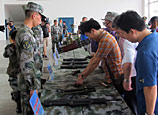
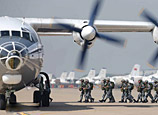


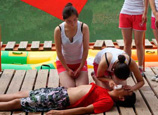

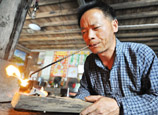
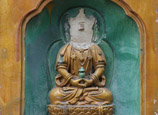
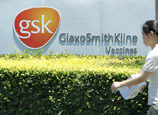
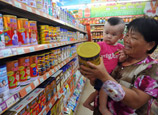






 Man commits suicide, rescued by his wife in NE China
Man commits suicide, rescued by his wife in NE China


![]()
